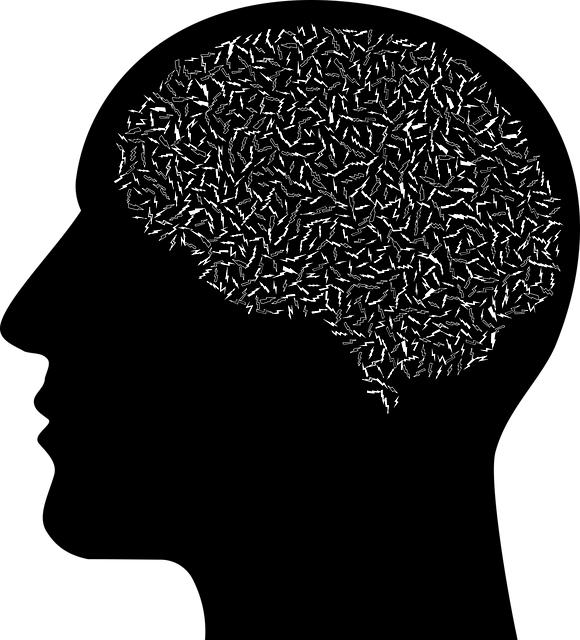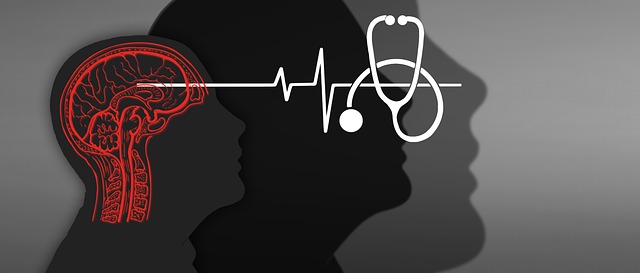Arvada Chronic Illness Therapy provides Social Skills Training (SST) as a holistic approach to improve mental health and social engagement for individuals with chronic illnesses, focusing on communication skills, stress reduction techniques like Mindfulness Meditation, emotional healing, and tailored exercises such as journaling and conflict resolution. Through role-playing scenarios, cultural competency training, and stress management workshops, this program helps clients build confidence, overcome anxiety, and foster meaningful connections, ultimately enhancing their overall well-being.
Social skills training is a powerful tool for managing mental health conditions, offering a unique approach to enhancing well-being. This article explores the intricate link between social interactions and mental health, delving into how therapy can foster social competence. We discuss practical strategies tailored for individuals with chronic illnesses, focusing on Arvada Chronic Illness Therapy methods that have proven effective in improving social interaction and overall mental resilience.
- Understanding the Connection Between Social Skills and Mental Health
- The Role of Therapy in Developing Social Competence
- Practical Strategies for Improving Social Interaction in Chronic Illness Settings
Understanding the Connection Between Social Skills and Mental Health

In today’s world, where social interactions are a vital part of our daily lives, individuals with mental health conditions often face unique challenges when it comes to connecting and engaging with others. This is where Social Skills Training steps in as a powerful tool for recovery and well-being. Understanding the intricate link between social skills and mental health is essential, especially in the context of Arvada Chronic Illness Therapy.
Mental health issues can significantly impact an individual’s ability to interact socially, leading to feelings of isolation and exacerbating existing symptoms. However, through targeted interventions like Social Skills Training, individuals learn valuable techniques for effective communication, empathy, and building relationships. Incorporating stress reduction methods such as Mindfulness Meditation and exploring Emotional Healing Processes are integral parts of this training, enabling people to navigate social situations with greater ease and confidence.
The Role of Therapy in Developing Social Competence

Social skills training is a crucial aspect of holistic mental health care, offering individuals with chronic illness or mental health conditions the tools to navigate social interactions more effectively. Through Arvada Chronic Illness Therapy, professionals guide clients in developing essential social competence, which goes beyond mere conversation. It involves mastering non-verbal cues, understanding personal boundaries, and cultivating empathy—skills that can be challenging for those struggling with anxiety, depression, or trauma.
The process often includes tailored exercises like Mental Wellness Journaling to reflect on social experiences, Conflict Resolution Techniques for managing interpersonal challenges, and Self-Care Routine Development to ensure individuals prioritize their mental wellness in daily life. By combining these strategies, therapy empowers clients to build confidence, foster meaningful connections, and enhance overall mental health.
Practical Strategies for Improving Social Interaction in Chronic Illness Settings

Improving social interaction for individuals with chronic illnesses requires tailored strategies that address unique challenges. At Arvada Chronic Illness Therapy, we emphasize practical approaches to enhance social skills and build a supportive network. One effective method is role-playing scenarios, where patients can practice conversations in a safe environment, fostering confidence and reducing anxiety when engaging with others. This technique is particularly beneficial for those dealing with conditions that may limit mobility or cause fatigue, enabling them to simulate various interactions without physical exertion.
Additionally, our healthcare provider cultural competency training emphasizes the importance of understanding diverse patient backgrounds. By promoting empathy and adaptive communication styles, we ensure that every individual feels heard and respected. Stress management workshops within our organization also play a crucial role in building resilience, allowing patients to cope with social stressors effectively. These workshops empower them to navigate social settings with greater ease, leading to improved overall well-being.
Social skills training is a powerful tool in addressing the challenges faced by individuals with mental health conditions, particularly those managing chronic illnesses. By integrating practical strategies and therapeutic support, as offered by specialized programs like Arvada Chronic Illness Therapy, people can enhance their social competence, fostering better connections and improving overall well-being. This holistic approach recognizes the intimate link between social interactions and mental health, ultimately empowering individuals to navigate social environments with increased confidence and resilience.














